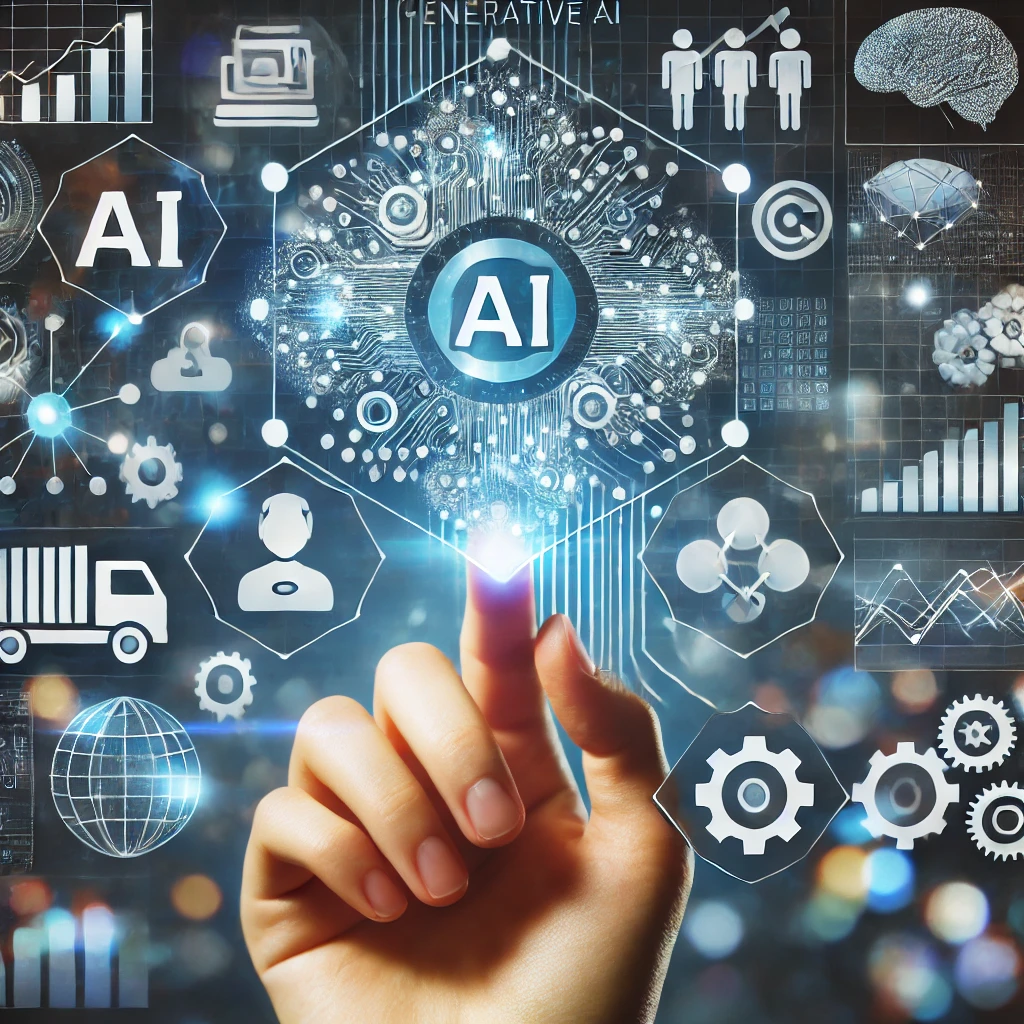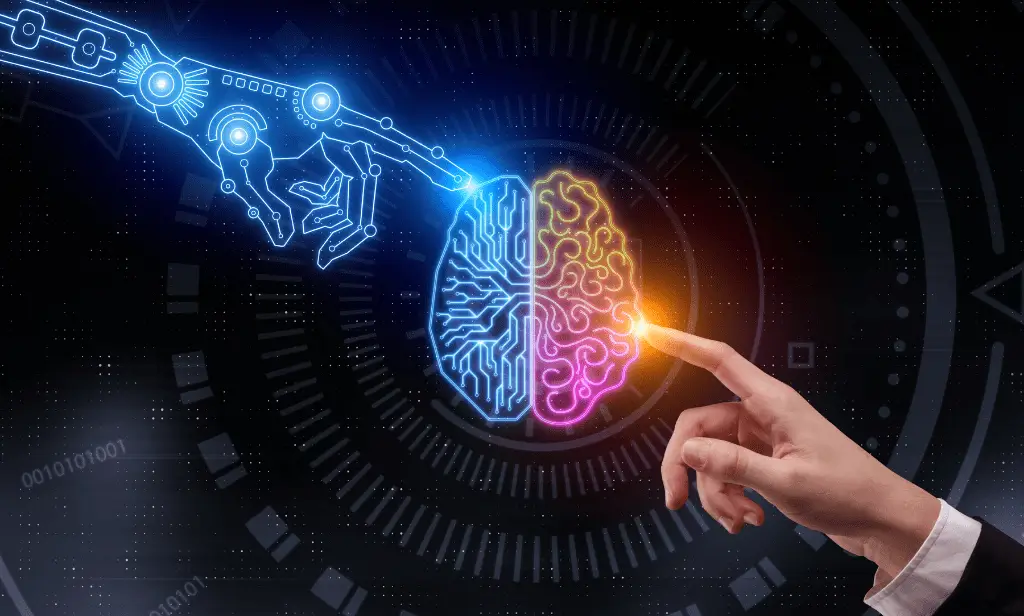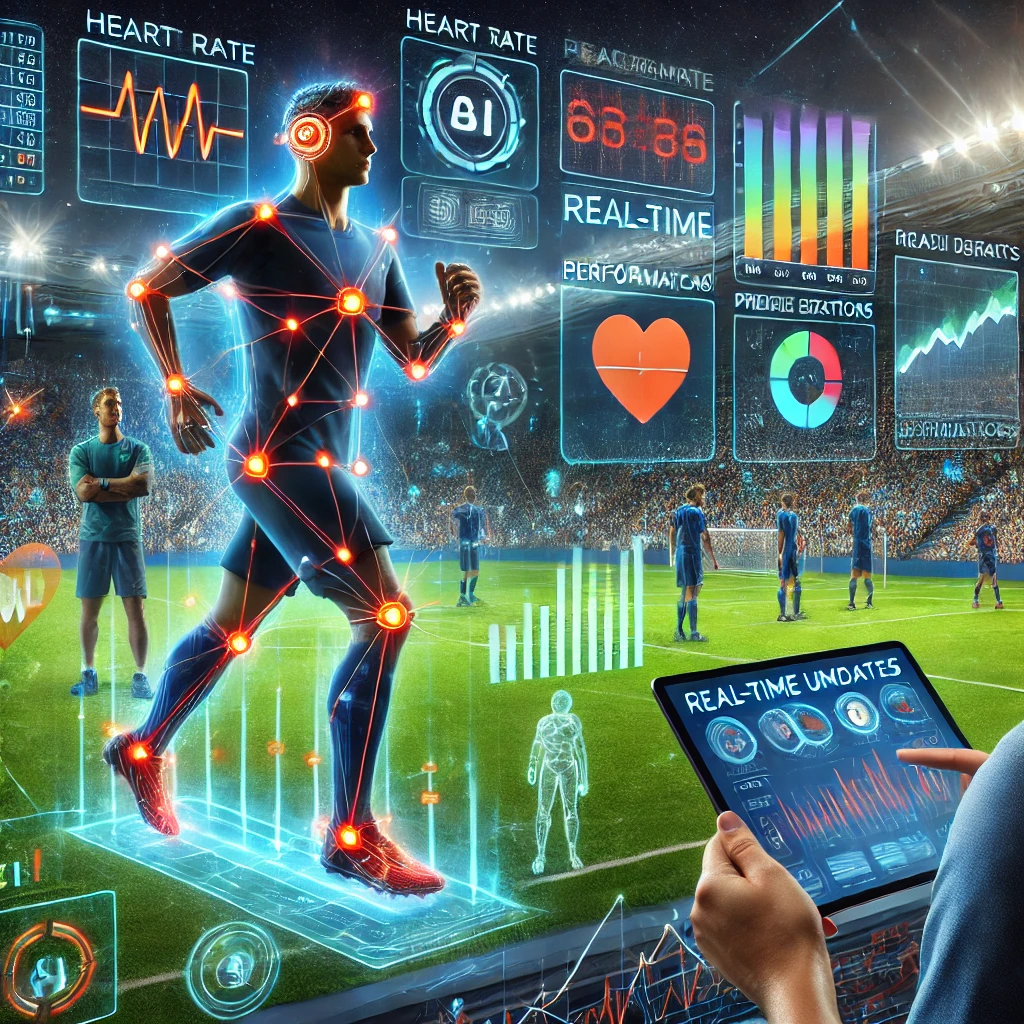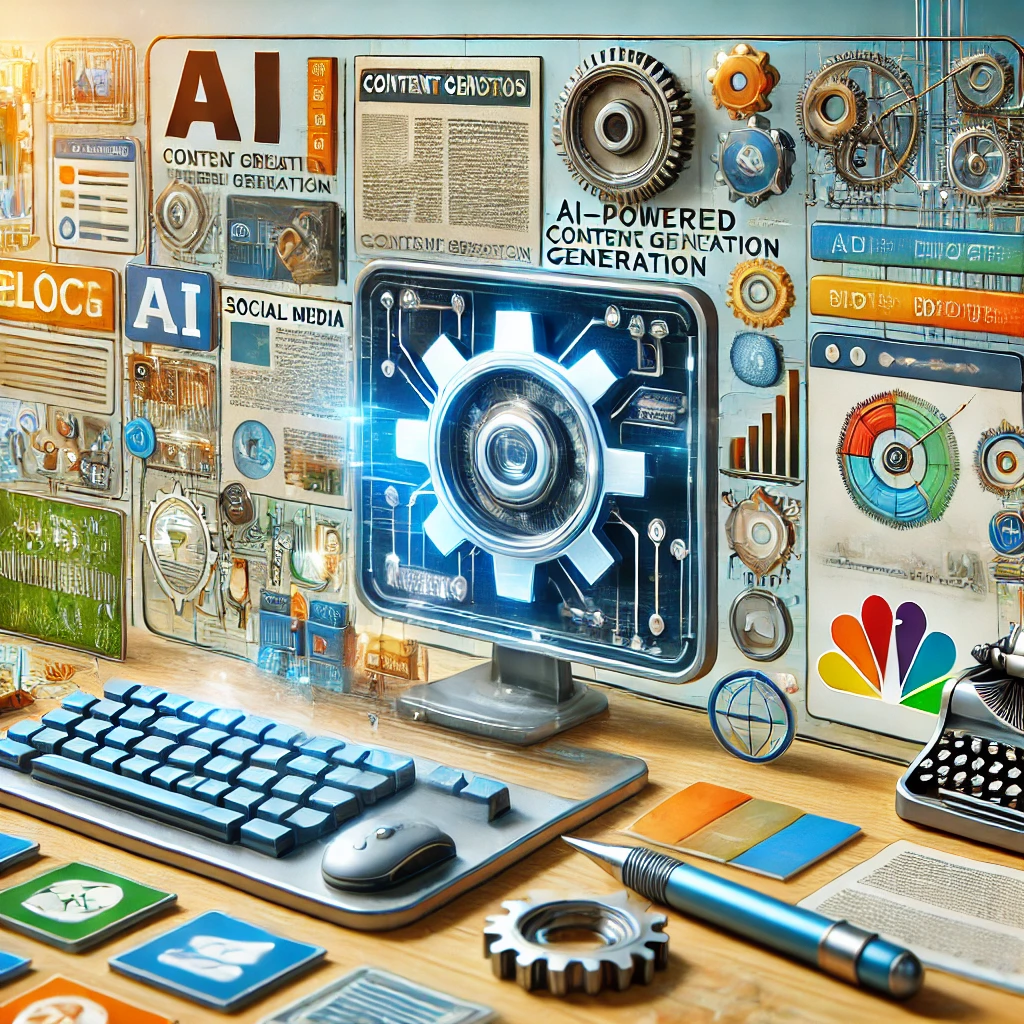
In recent years, Generative AI has become a transformative force across industries, offering innovative solutions that help businesses optimize operations, enhance creativity, and improve decision-making. This technology has the potential to revolutionize how companies in sectors like finance, healthcare, marketing, and manufacturing operate, driving both efficiency and innovation.
In this blog, we will explore how Generative AI is being used in various business applications and why it’s becoming an essential tool for modern enterprises.
What is Generative AI?
Generative AI refers to advanced machine learning models that are designed to generate new content or data by analyzing existing patterns. Unlike traditional AI systems that typically rely on historical data to predict outcomes, Generative AI creates entirely new content such as text, images, music, and even software code. This technology is powered by techniques such as Generative Adversarial Networks (GANs) and Variational Autoencoders (VAEs).
By understanding the data’s structure, these models can create outputs that closely resemble real-world data, making them valuable in multiple business areas.
Read More: How Many Marketers Use AI for Content Generation?
Applications of Generative AI for Business
Content Creation and Marketing
One of the most significant impacts of Generative AI is in content creation. Businesses can now automate the generation of high-quality written content, such as blog posts, product descriptions, and social media captions. AI tools are capable of understanding customer preferences and creating personalized marketing materials that engage the audience effectively.
For example, generative models can also creating visual content for ads campaigns, reducing the time and effort for manual production. By streamlining content creation, businesses can focus more on strategy and creativity.
Product Design and Innovation
Generative AI is also transforming the design process. Designers and engineers are using AI to generate new product prototypes based on specific parameters, such as size, shape, and functionality. AI can quickly analyze large datasets of existing designs to suggest new, innovative solutions.
For instance, in industries like automotive and fashion. Generative AI can propose new designs for vehicles or clothing, enabling rapid prototyping and reducing development costs. The technology also supports creating more efficient and optimized designs that may improve product performance.
Customer Service and Personalization
AI-driven customer service applications are becoming increasingly advanced, with generative models capable of providing highly personalized interactions. Chatbots and virtual assistants powered by Generative AI can understand customer queries and respond in a natural, contextually appropriate manner. This improves customer satisfaction and reduces response time.
Moreover, Generative AI can enhance personalization efforts by recommending products, services, or content based on individual customer behaviors and preferences. For example, e-commerce businesses use AI to tailor product suggestions based on customers’ browsing history or past purchases, leading to a better shopping experience.
Data Analysis and Decision-Making
In today’s data-driven world, organizations generate vast amounts of data every day. Generative AI helps businesses derive valuable insights from this data, aiding in more informed decision-making. AI models can analyze historical data to simulate different business scenarios and predict potential outcomes.
For example, financial institutions use Generative AI to model economic conditions, assess credit risks, and forecast market trends. In healthcare, AI is helping to analyze patient data to simulate potential treatment outcomes and assist with medical research.
Supply Chain Optimization
AI-driven tools are also revolutionizing supply chain management. By analyzing historical data and predicting demand, Generative AI helps businesses optimize inventory levels, reduce waste, and improve logistical operations. These AI systems can simulate various supply chain scenarios, offering optimized solutions that improve efficiency.
For example, businesses can use AI to forecast potential disruptions, such as delays in transportation or shortages in supply, and take proactive measures to mitigate these risks. This ensures smooth and reliable operations.
The Future of Generative AI in Business
Looking ahead, Generative AI holds immense promise for businesses. As the technology evolves, experts expect it to become even more advanced, which will enable greater innovation. In the future, we might witness people using Generative AI in more complex fields such as drug discovery, autonomous vehicles, and space exploration.
In addition to advancing AI capabilities, businesses will need to invest in the right infrastructure and talent to take full advantage of these technologies. For businesses looking to implement Generative AI into their processes, finding an experienced Generative AI development partner to guide them through implementation will be crucial.
Challenges and Considerations
While Generative AI is very helpful for businesses, it also comes with some challenges. One big issue is data privacy and ethical concerns, as AI uses large datasets that might include sensitive information. Another challenge is making sure the AI-generated content is high-quality to maintain brand standards.
The best way to solve these problems is by following ethical AI practices and focusing on authentic branding. Want to learn how authentic branding and innovative strategies can help solve business challenges? Read more on DesignRush for expert tips.
Conclusion
The use of Generative AI for business applications is reshaping how companies operate, offering significant opportunities for efficiency and innovation. From content creation and product design to supply chain management and customer service, Generative AI is revolutionizing various sectors. As businesses continue to adopt AI, the demand for AI development solutions will grow, helping companies build custom AI solutions tailored to their needs.

 Software Development
Software Development Food Delivery
Food Delivery Taxi Booking
Taxi Booking E-Commerce
E-Commerce Real Estate
Real Estate Healthcare
Healthcare



